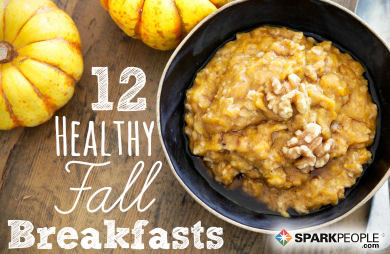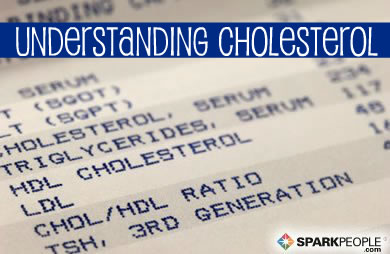|
It's no secret that I am a strong supporter of organic foods and agriculture. Probably 95% of the food I buy is organic. While research on the health benefits of organic is mixed, I don't think it could hurt to limit my exposure to pesticides and genetically modified organisms, but more importantly, I believe in the environmental benefits of growing food organically. It was about 10 years ago that I first discovered organic food and started shopping at "natural" foods stores. I didn't know much back then about nutrition or healthy eating, but all the new-to-me foods I encountered in those small markets piqued my interest. I would fill my cart with organic cookies, soy ice cream (I never knew that existed!), and other goodies, fully believing that these foods were "healthier" for me than the products in my local grocery store. And of course, healthy meant "lower in calories," as far as I was concerned. I'd munch away on exotic flavors and new foods, certain I was doing something good for my health. I've since learned, thanks to my own research, a little more experience, and a good college education that also included nutrition classes, that the term "organic" doesn't necessarily mean healthy. Unfortunately, "organic" is yet another label that falls under the health halo, meaning that consumers read into it, well, things that aren't really there, like that it's healthier, lower in fat, lighter in calories, or promotes weight-loss. The study conducted by the Cornell Food and Brand Lab was recently presented at the Experiment Biology Conference in Anaheim, California. It found that people who at cookies labeled "organic" believed the snack contained 40% fewer calories than similar cookies that weren't labeled. Remember how fat-free and low-fat foods of the 90s didn't make us any skinner? And we later learned that people assumed fat-free meant calorie-free and therefore overate on the "healthier" fare? Well this is sort of the same thing. I can't tell you how many times I have encountered people who believe that those pizzas, muffins, pastries and other "junky" foods sold at Whole Foods (or similar) are good for you. Don't fret if you thought the same thing. It's partly what food manufacturers and marketers WANT you to think and it leads you to eat more, which means you're buying more and they're making more money. Consider this a public service announcement that many highly sought-after labels—organic, natural and the like—don't mean much when it comes to calories (or the healthfulness of a product). Let this also be a reminder that you should always, I mean ALWAYS, turn a package over to read the ingredients list and look at the food label. Packaged foods can get away with a lot when it comes to making claims about the purported health benefits of their products, but it would serve us well to never looked at that oh-so-clever marketing copy on a box and go straight to the nutrition facts label to get the real details. Have you ever made the mistake that organic or natural foods were healthier or lower in calories? Do you agree with the results of this study? |
More From SparkPeople
|















